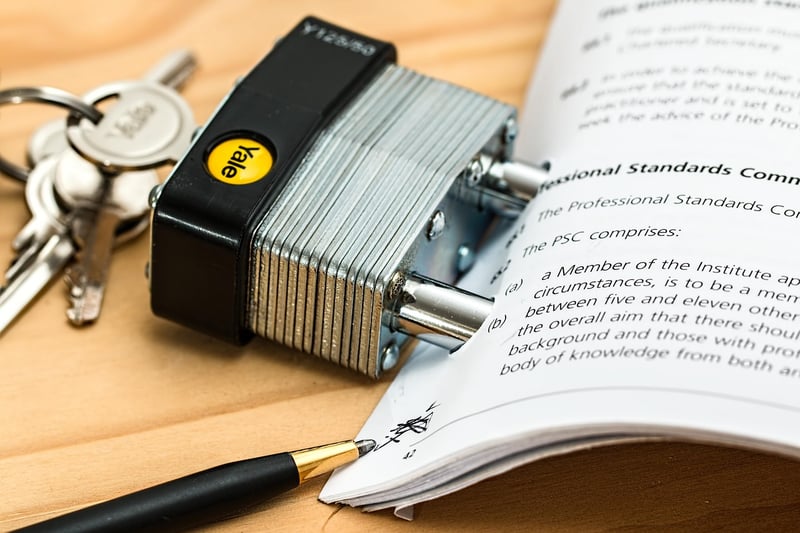Moral Obligations
The Moral Dilemma of Time Travel: Exploring Moral Obligations
Time travel has long been a fascinating concept in science fiction, allowing individuals to journey to the past or future. While the idea of changing historical events or shaping the future is intriguing, it raises complex moral questions and dilemmas. As we delve into the world of time travel, it is essential to consider the moral obligations that come with altering the course of history.
1. The Butterfly Effect
One of the primary concerns with time travel is the butterfly effect – the idea that even small changes in the past can have significant and unforeseen consequences in the future. Altering a single event in history could potentially lead to a chain reaction of events that drastically impact the present timeline. Time travelers must consider the ethical implications of their actions and the potential harm they may cause.

2. Historical Integrity
Preserving the integrity of historical events is another crucial aspect of time travel ethics. While the temptation to intervene in significant historical moments may be strong, it raises questions about the authenticity of the timeline. By altering the past, time travelers risk distorting the true course of history and erasing important lessons that were meant to be learned.

3. Moral Responsibility
Time travelers hold a moral responsibility to consider the consequences of their actions on both the past and future timelines. They must weigh the potential benefits of their interventions against the risks of causing harm or disruption. Ethical decision-making should guide their choices to ensure that they act in the best interest of humanity and the preservation of the timeline.
4. Respect for Autonomy
Respecting the autonomy of individuals across different time periods is essential in the ethical practice of time travel. Interfering with the lives of past or future generations without their consent infringes upon their rights and freedoms. Time travelers must exercise caution and sensitivity when navigating unfamiliar timelines to avoid imposing their will on others.

5. Conclusion
In conclusion, the moral obligations associated with time travel are profound and multifaceted. As we explore the possibilities of journeying through time, we must uphold ethical principles and consider the impact of our actions on the past, present, and future. By recognizing the moral dilemmas inherent in time travel, we can navigate this extraordinary power responsibly and with respect for the fabric of time itself.
Remember, with great power comes great responsibility – even across the vast expanse of time.
